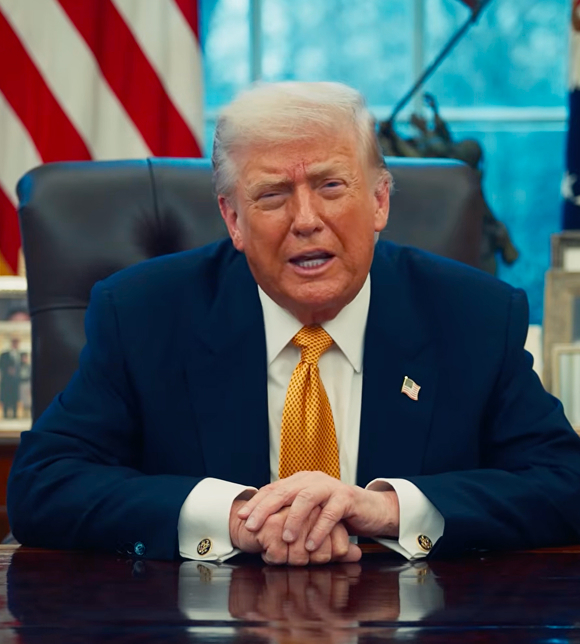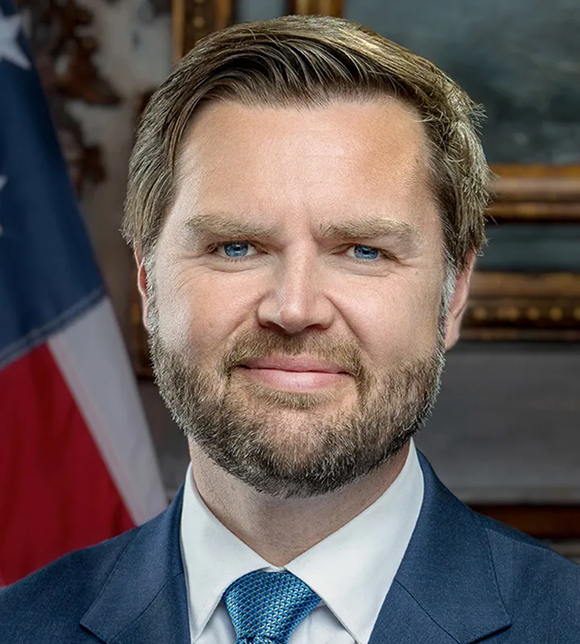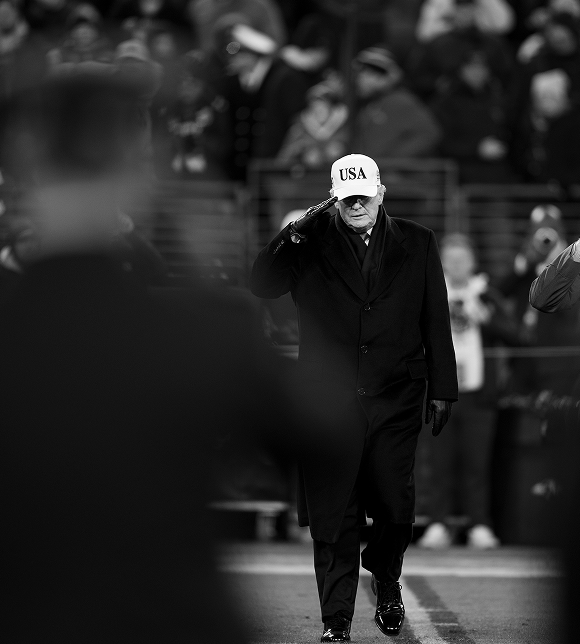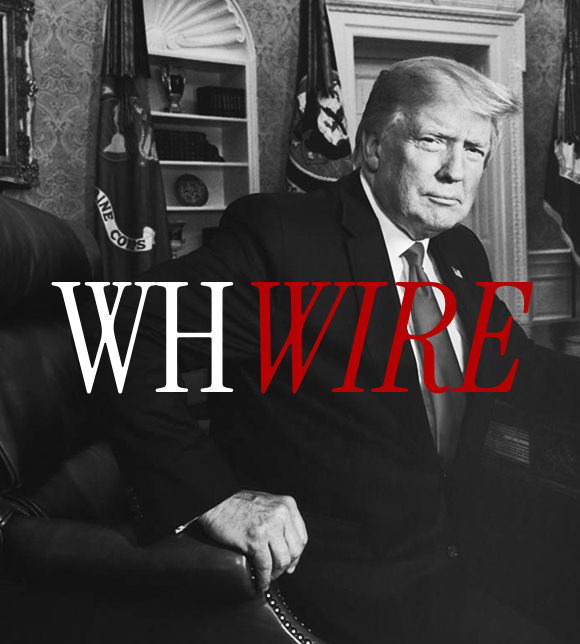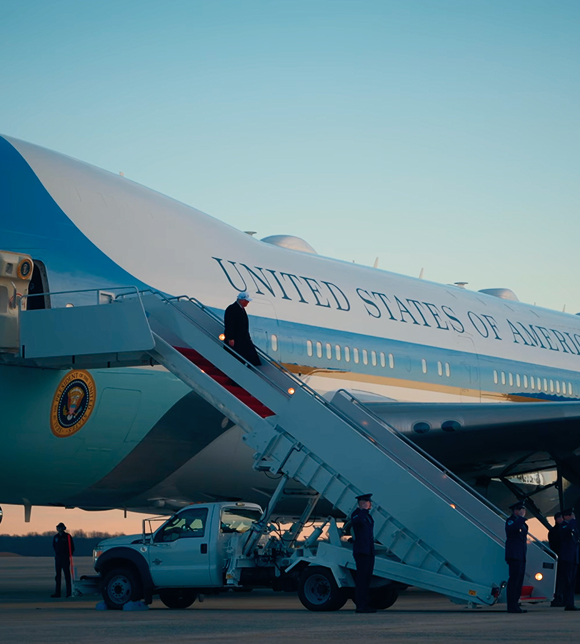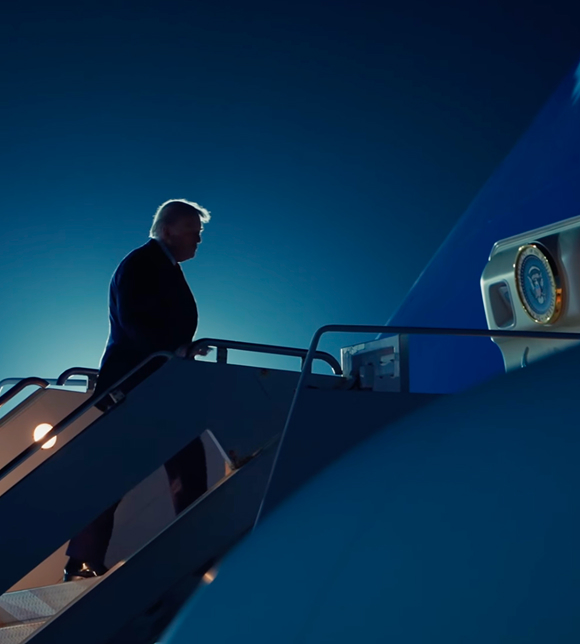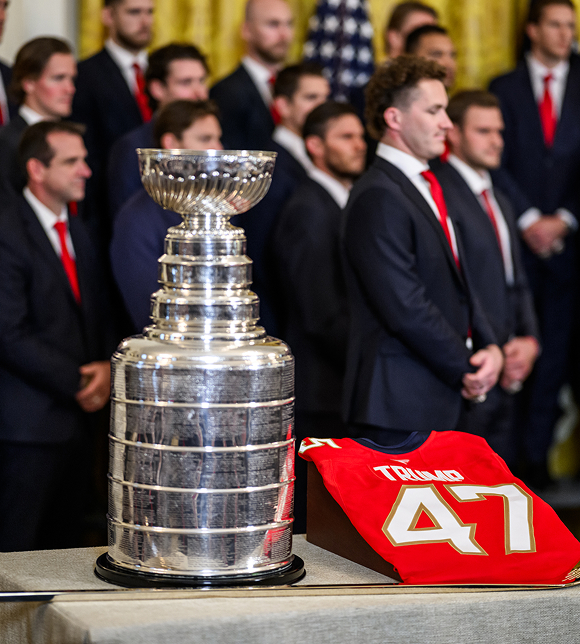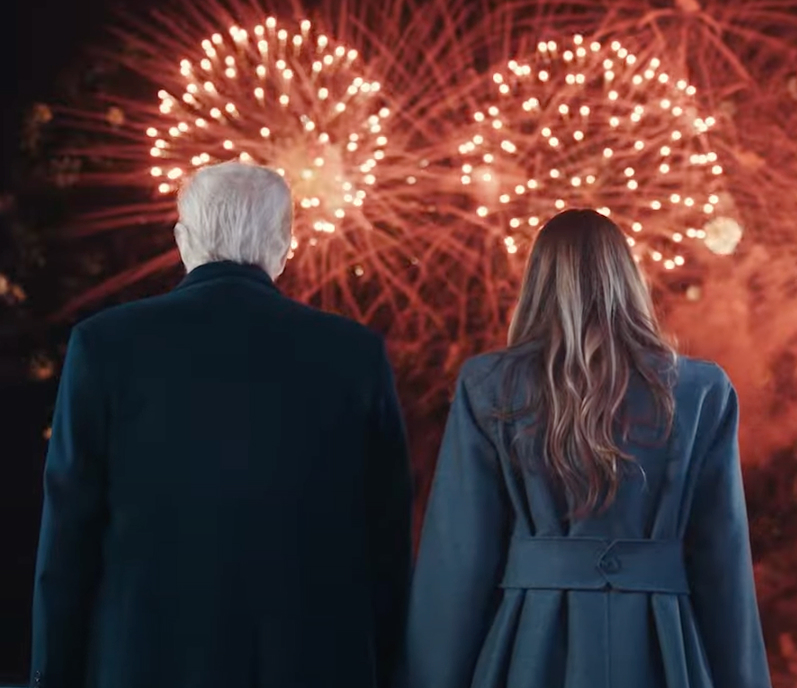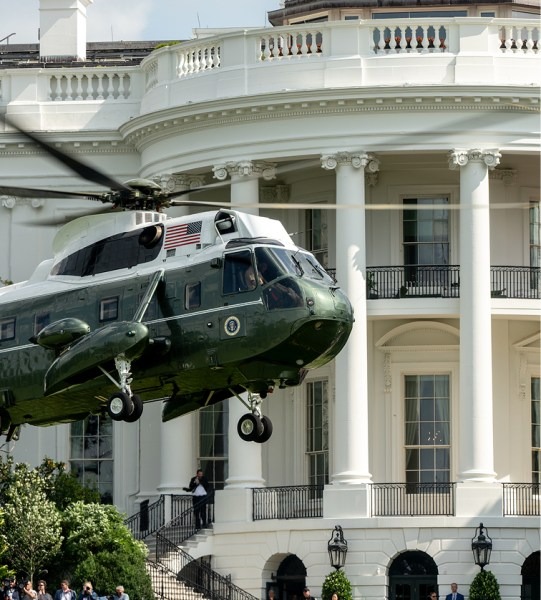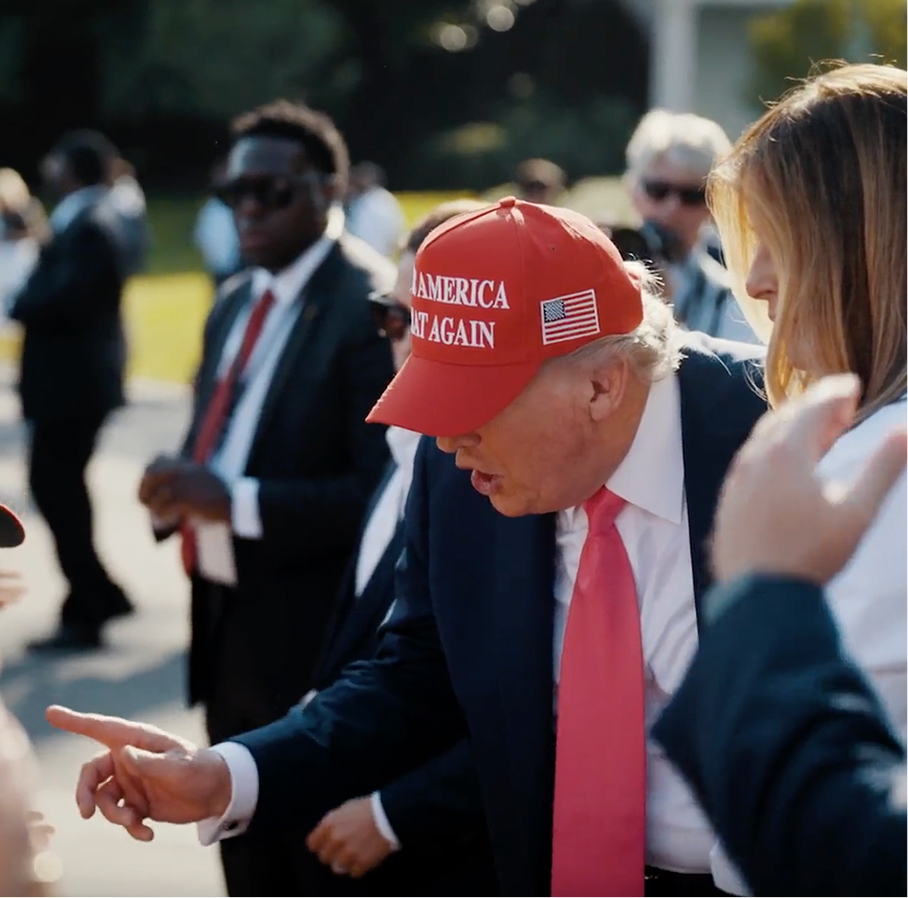Fact Sheet: President Donald J. Trump Advances Energy Affordability with the Ratepayer Protection Pledge
ENSURING TECH COMPANIES BUILD, BRING, OR BUY POWER FOR DATA CENTERS: Today, President Donald J. Trump brought the leading AI companies and hyperscalers together to sign the Ratepayer Protection Pledge, ensuring they protect Americans from electricity price hikes due to data center energy requirements now and in the long run, take action to further strengthen the grid, and ensure that all Americans benefit from the oncoming technological boom.
- Under President Trump’s leadership, Amazon, Google, Meta, Microsoft, OpenAI, Oracle, and xAI signed the Ratepayer Protection Pledge, agreeing to build, bring, or buy new generation resources and cover the cost of all power delivery infrastructure upgrades required for their data centers, ensuring such expenses are not passed to American households.
- Under the Ratepayer Protection Pledge, these companies will negotiate separate rate structures with utilities and State governments, and commit to pay these rates for the power and related infrastructure brought online to service their data centers, whether they use the electricity or not.
- Companies signing the Ratepayer Protection Pledge will also coordinate with grid operators to make backup generation resources available, contributing to a more reliable grid and preventing blackouts and power shortages in times of emergency.
- The Ratepayer Protection Pledge commits AI companies and hyperscalers to hiring and training talent from within the communities where they build and operate data centers, creating thousands of jobs and enhancing workforce skills.
DELIVERING LOWER ENERGY PRICES AND MORE JOBS TO AMERICAN COMMUNITIES: America’s continued economic and technological leadership depends on reliable, large-scale data center infrastructure built here at home. As that infrastructure grows and the related electricity demand increases, the American people should not be footing the bill.
- Data center infrastructure is the foundation of the internet, cloud computing, and AI, and supports our economic and national security.
- The United States is experiencing an unprecedented surge in electricity demand driven by rapid technological advancements and an increase in domestic manufacturing. This increase in demand, coupled with existing capacity challenges, places a significant strain on our Nation’s electric grid.
- President Trump is ensuring the data center boom is leveraged to address affordability and benefit all American households and businesses. The Ratepayer Protection Pledge contributes to lower electricity costs, stronger grid infrastructure, and enhanced grid resilience during emergencies.
- The Ratepayer Protection Pledge is also a first step towards ensuring that the American workforce benefits from the developing AI industry.
LEADING ON ENERGY AFFORDABILITY AND INNOVATION: President Trump has demonstrated consistent leadership in expanding domestic energy supply and lowering energy prices for consumers by empowering domestic innovation.
- On Day One, President Trump signed an Executive Order to Unleash American Energy that opened Federal lands and waters and streamlined permitting to increase production of reliable and affordable energy. United States oil, natural gas, and coal production have increased significantly as a result, leading to lower prices for Americans.
- President Trump terminated the job-killing “Green New Scam,” ended massive taxpayer subsidies for unreliable energy sources, and rescinded the Biden Administration’s anti-American energy regulations that were raising electricity prices.
- President Trump established the National Energy Dominance Council (NEDC) to maximize U.S. energy production, reduce regulatory burdens, and strengthen national security.
- President Trump took action to save 74 coal power plants from crushing restrictions and regulations that would have forced them to shut down. And just last month, he announced that the Tennessee Valley Authority is taking action to save two more plants in Tennessee. By saving these power plants, the President has ensured that Americans continue to have access to reliable and affordable power.
- President Trump signed an Executive Order to strengthen and secure the United States electric grid. This resulted in 17,000 megawatts (MW) – enough electricity to supply power to 12.75 million homes – of perfectly good power plants from being forced offline due to weaponization of state and Federal environmental regulations, reducing costs for consumers and enhancing grid reliability.
- President Trump signed several key Executive Orders to expand U.S. nuclear capacity through regulatory reforms that aim to accelerate the deployment of advanced nuclear reactors for AI data center use and strengthen domestic supply chains.
- President Trump launched “Winning the Race: America’s AI Action Plan” in July 2025 to address energy bottlenecks to AI supremacy by streamlining permitting for energy infrastructure, modernizing and expanding the electric grid, and increasing domestic energy capacity.
- In January 2026, President Trump’s NEDC took unprecedented action to intervene in the failed PJM power market. This intervention will drive what is expected to be the single largest development of power plants in U.S. history. It will also protect Americans in this region from price spikes by ensuring that hyperscaler technology companies building data centers pay for the associated power and infrastructure — whether they use it or not.
